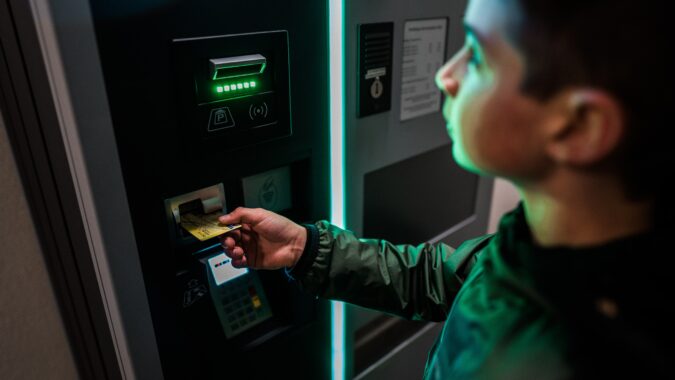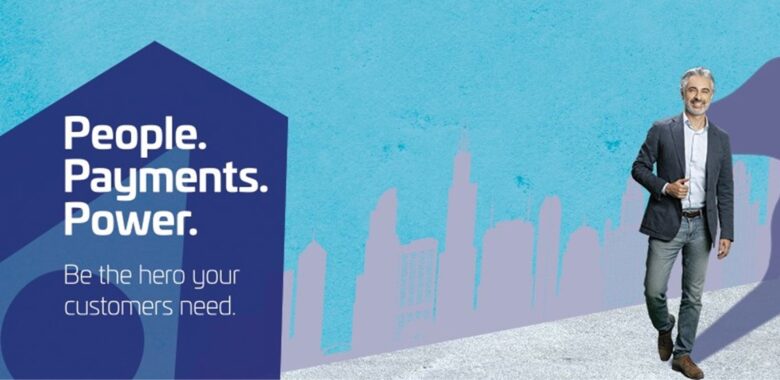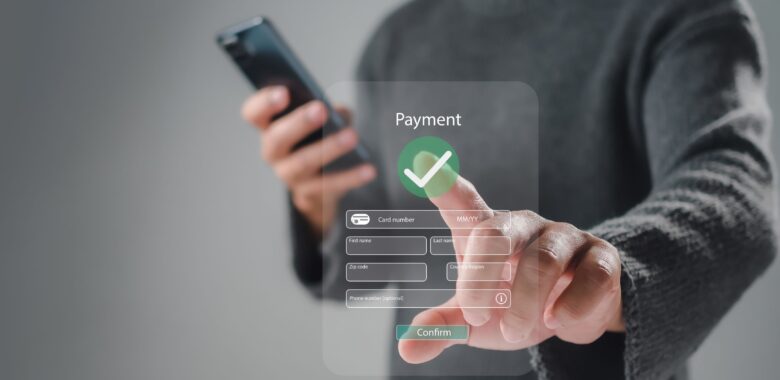Have you heard of false declines? With the boom in internet shopping the amount of fraud taking place online has also risen exponentially. In response to this, financial institutions introduced numerous measures intended to help keep legitimate consumer financial transactions safe. A good example is if you have been trying to purchase something online and have had to type in a security code from your bank in a portal before the transaction completes. This helps verify the buyer and makes sure a fraudster doesn’t have your card.
How do fraud filters work?
With millions of electronic and e-commerce purchases being made every moment, however, there is no way for banks and card issuers to manually check every purchase. Instead, AI-powered software is now often used to track spending patterns in order to recognise identity theft or fraudulent transactions immediately. Fraud filters are powered by complex algorithms that use the common characteristics of fraud as inputs. Fraud filters take things like location, delivery address, and shipping speed into account, but they go far beyond those basics. Credit card companies are reluctant to share the elements of their complex algorithms (so as not to reveal anything to fraudsters), but according to some reports, fraud-detection systems can weigh up to 500 factors.
Why does this sometimes result in false declines?
Nonetheless, with financial institutions even more assertive in their fraud prevention efforts, more legitimate buyers have gotten swept up in the process. When this happens, consumers are often unable to make purchases as their cards are being declined, even though they have funds available and are the legitimate cardholder. These are called false declines and they are not only a serious issue for businesses but can cause frustrations for consumers.
One of the most common case of false declines often occurs when you travel abroad and try to make a purchase. Overzealous fraud filters will normally automatically block overseas transactions, resulting in you having to call your bank to explain you are the legitimate card owner. It is sensible for banks to be overly cautious, as when fraud occurs on your card the bank often has to foot the bill. However, when consumers are unable to make purchases, it ultimately hurts businesses.
Why is false decline bad for business?
When a legitimate cardholder attempts to make a purchase, but it is declined because it seems unusual, the cardholder can always call the bank or card issuer to get the issue resolved and finalise the purchase. However, many people will not do so immediately, especially if they think they will have to wait a long time on the phone, which then results in huge losses to merchants. What’s more, e-commerce stores may suffer in the long term from dissatisfied customers worsening their reputation.
The truth is that businesses may never know for sure how many false declines potential customers experience through their e-commerce website unless their customers tell them. This therefore raises the question as to whether it is worth banks implementing AI software, if the loss of income to business is greater than the fraud it intends to cut down on.
Can you prevent it?
With increased security tools like biometric scanning and behavioral biometrics that can determine a buyer’s unique shopping characteristics, false declines may decrease in the future. However, in the meantime there are other measures you can take to reduce the likelihood of false declines.
- Notify your bank when you are going abroad.
- Turn on two-factor authentication on your mobile so that your bank can send you a notification when you are making a purchase. That way your bank can always verify it is you, should they need to.
- Use a card reader to give you an extra level of security and give your bank peace of mind that you are making legitimate transactions.
We hope this post helped you understand why your legitimate transactions may be getting blocked. If you are still experiencing problems leave us a message in the comments section below and we can try and help you out.



